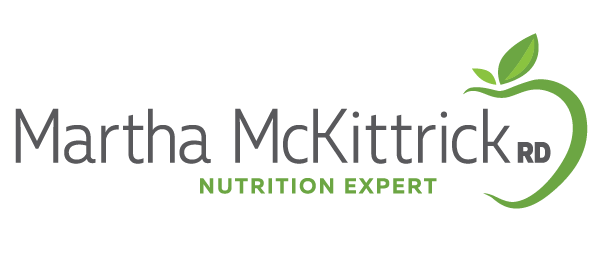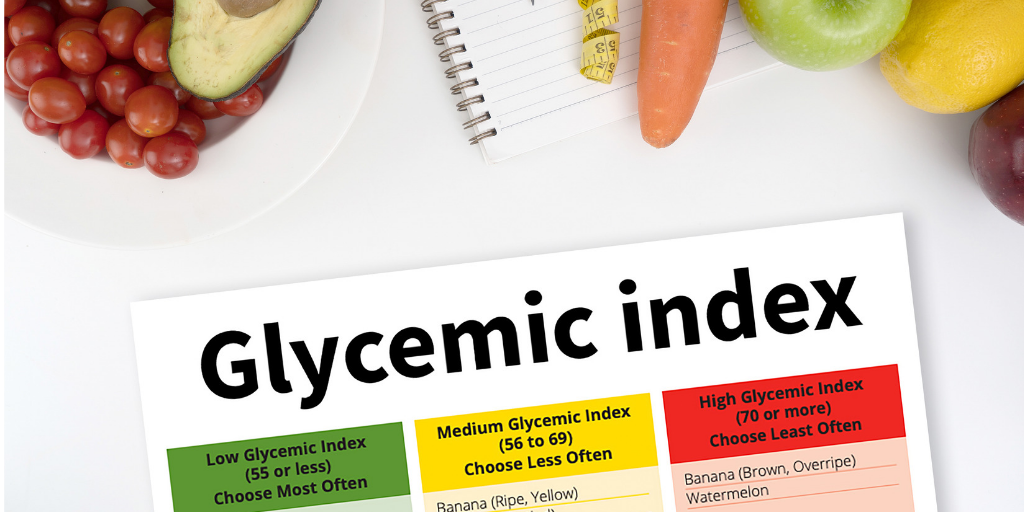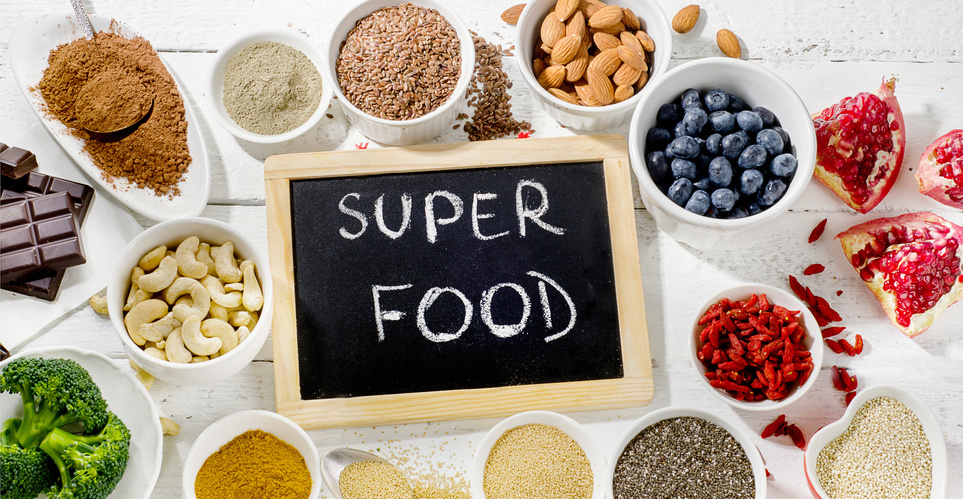Why There is No One Best Diet for PCOS
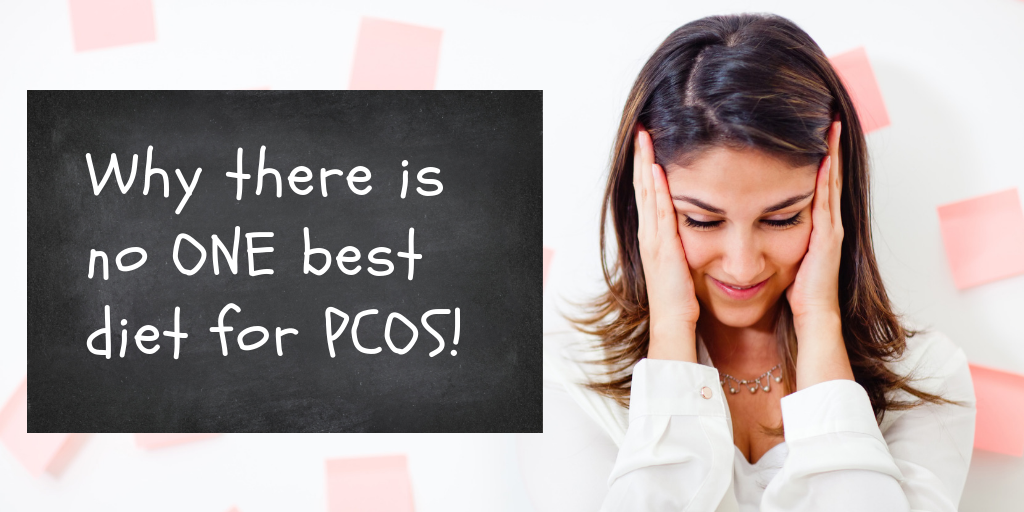
If you spend any time on social media, you’re likely bombarded with info on diets for PCOS. Avoid dairy and gluten. Cut carbs drastically. Go keto. Follow a plant-based diet. No alcohol. Avoid all fruit. Avoid soy like the devil. Do intermittent fasting. Holy moly! The advice is overwhelming and even worse, contradictory. I’m a medical professional who specializes in PCOS and I find it pretty mind boggling! So what is the best diet for PCOS? Hint: there is no ONE best diet. I’ll tell you why.
Quick stats
PCOS affects up to 20% of women and over 50% of women don’t know they have it. One review showed it can take 3 years to even get diagnosed. And once you are formally diagnosed, many  doctors don’t know how to treat it. So, I guess it’s not surprising that the diet part is so confusing! I wish I could tell you that I have the answer – that I know the best diet for every woman with PCOS. But I don’t! And if anyone tells you that they know the BEST diet for PCOS for YOU – they are wrong.
doctors don’t know how to treat it. So, I guess it’s not surprising that the diet part is so confusing! I wish I could tell you that I have the answer – that I know the best diet for every woman with PCOS. But I don’t! And if anyone tells you that they know the BEST diet for PCOS for YOU – they are wrong.
Why is there no one best diet for PCOS?
Just because someone with 20 K followers on Instagram “cured” her PCOS by omitting gluten and dairy, doesn’t mean it’s right for you (and not really sure you can actually cure PCOS). For one simple reason, we are all unique human beings. How can we possibly all benefit from the same diet? We all have different:
- Metabolisms: we all have varying caloric needs, so there is no one size fits all calorie level
- Food preferences: whatever plan you decide to follow needs to be sustainable and enjoyable to follow. If you hate meat or are a vegetarian, a keto or very low carb diet will not work for you in the long term. And if you love meat, a plant-based diet won’t work. Another example, if you enjoy Greek yogurt and experience no ill effects, a plan that omits dairy would not work.
 Activity levels: A women who is very active will likely need to consume more calories and carbs that someone who is not as active. So the advice of very low carb low calories is not her best choice. In fact, eating too few calories or carbs can backfire.
Activity levels: A women who is very active will likely need to consume more calories and carbs that someone who is not as active. So the advice of very low carb low calories is not her best choice. In fact, eating too few calories or carbs can backfire.- Degrees of insulin resistance. In general, I find the more insulin resistant you are, the more you may need to pay attention to your carbs and even calories. But the good news is that a healthy diet can improve insulin resistance and symptoms.
- Medical conditions. Someone who has high cholesterol or diabetes may need a different plan that someone who does not.
Here is where it gets tricky: - Food allergies/intolerances/sensitivities
Many women report feeling better when they omit certain foods like gluten, dairy and soy. The reason could be a food intolerance or sensitivity- Food allergies are reactions to a protein within a food and generally appear right away after eating a food. Common symptoms include itchy throat, hives, and anaphylaxis. These can be tested by an allergist utilizing a skin prick test checking for IgE antibodies. Common allergens: allergies milk, eggs, fish, shellfish, peanuts, tree nuts, wheat, soybeans

- Food intolerances can affect a large percent of population. They usually manifest itself in the GI tract and presents with symptoms like diarrhea, bloating, constipation, gas. Here are 2 examples:
- Lactose intolerance. Approximately 70% of the population has lactose intolerance. This means you’re missing an enzyme that helps you digest the milk sugar lactose.
- Irritable bowel syndrome: IBS affects up to 20% of the population. Some studies say it may be more common in PCOS. Consuming certain sugars and fibers ferment in the intestines causing diarrhea, gas, bloating, pain and/or constipation. A Low FODMAP diet helps symptoms in about 75% of people. FODMAP is an acronym that stands for Fermentable- Oligo- Di- and Monosaccharides and Polyols. Work with a registered dietitian to help guide you through this process. These diets are not meant to be followed long term. You
 will go through a re-introduction testing period to see which groups of carbohydrates bother you.
will go through a re-introduction testing period to see which groups of carbohydrates bother you.
- Food sensitivities are where it can really start to get tricky. Symptoms can include diarrhea, hives, eczema, excess mucus production, “brain fog,” migraines, joint pain, and fatigue as well as low grade inflammation. They can be difficult to diagnose as it can take 72 hours for symptoms to occur. If you have some of the symptoms listed and think you have may have a sensitivity to a food, try eliminating it for at least 2 weeks to see if you have an improvement in symptoms. Then reintroduce the food to see if symptoms return.
Here is where it gets really interesting:
- Food allergies are reactions to a protein within a food and generally appear right away after eating a food. Common symptoms include itchy throat, hives, and anaphylaxis. These can be tested by an allergist utilizing a skin prick test checking for IgE antibodies. Common allergens: allergies milk, eggs, fish, shellfish, peanuts, tree nuts, wheat, soybeans
- Genes: We all have genes that affect the way our body responds to nutrients as well as medications. For example, people respond differently to saturated fat and even caffeine. I feel this is an area that will explode in the future. We may find that some people do better on lower carb diets vs lower fat. But for now, there isn’t enough to provide detailed guidance.
- Gut microbiome. This is the most interesting area to me and really helps explain why there can never be a ONE best diet for anyone. It has to do with the little bugs in your gut microbiome. We all have about 5 pounds of bacteria living in us an on us. The majority lives in our gut. The trillions of bacteria that live in the gut and differ wildly from person to person are part of how you uniquely respond to food. A study conducted at the Weizmann Institute of Science continuously monitored blood sugar levels in over a thousand people for one week. It showed that the blood sugar response to the same foods in different people was highly individual …. largely due to the gut microbiome of each person! Check out Day Two to learn more.
 What do the studies say?
What do the studies say?
As a registered dietitian, I’m always looking for evidence-based information. So what do the studies say? Not much because there aren’t many studies! And some of the studies that have been done are small and/or not well done. But the main point is even if there were more studies, they wouldn’t necessary apply to the individual woman for the reasons stated above. Here are a few examples of studies:
A small study of 5 woman with PCOS showed a keto diet helped to decrease symptoms
An 8-week low-starch/low-dairy diet resulted in weight loss, improved insulin sensitivity and reduced testosterone in women with PCOS
Chavarro et al. in their prospective cohort study found that high intake of low-fat dairy products may lead to an increase in the women’s risk of ovulation-related infertility, while incorporating more high-fat dairy foods may improve ovulation performance
This study done on 400 women in Iran showed an association between drinking milk and PCOS. It did not show cause and effect.
So what is the best diet for PCOS?
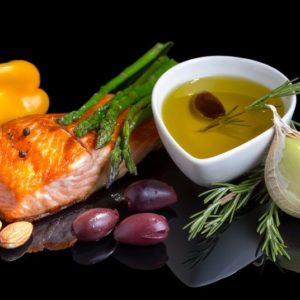
- There are general principle that I think most PCOS experts would agree on when it comes to PCOS and diet. They include:
- Eat plenty of veggies
- Avoid/limit added sugars
- Limit refined carbs like white bread and white pasta. Instead choose whole grains like faro, brown rice, whole grain bread, whole wheat pasta, millet, buckwheat, etc. as well as legumes and fruit
- Choose healthier oils like extra virgin olive oils. I’m also ok with extra virgin coconut oil though feel olive is healthier. Limit/avoid refined vegetables oils such as corn, and soybean
- Include omega 3 fats rich foods including fatty fish, flaxseeds, walnuts, leafy greens
- Choose healthy fats like nuts/seeds and nut/seed butters, avocado
- Anti-inflammatory emphasizes anti-inflammatory foods such as fish, legumes, nuts, olive oil, herbs, spices, and green tea.
- Limit plastic bottles and canned foods – unless they are BPA free
These are just quick tips as this blog post is not about a Healthy Diet for PCOS. Make sure you sign up for my blog to get your FREE 30 Nutrition tips for PCOS

Bottom line
Don’t let what you read on the internet about PCOS and diet drive you nuts. Pay attention to YOUR body and see what feels best for you. Keep in mind that it’s not just about diet. Exercise, sleep, stress management, emotional health, supplements and medications, if needed, also play important roles. Many of my clients find it helpful to keep a journal along with any symptoms.
Contact me if you are seeking guidance on planning a healthy diet for PCOS. I take a very individualized approach with my clients. My manta is there is no “one-size-fits-all approach! I also have over 20 years experience as a registered dietitian and certified diabetes educator so can take into account other medical conditions like diabetes, IBS, hyperlipidemia and more! Email me at martha@marthamckittricknutrition.com or call 212 879-5167.
RELATED POSTS
MEET MARTHA
I especially love problem-solving, whether it’s helping women defeat issues plaguing them for years, helping a busy executive find practical ways to get heart healthy, or providing tips to help you reverse diabetes. That’s why I’m on a constant quest to expand my knowledge by staying on top of the latest research.
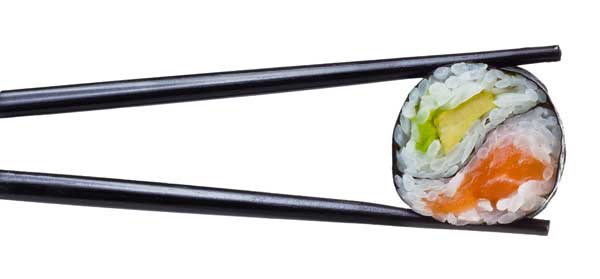
20 Ways To Eat Out 550 Calories or Less!
No time to cook? We’ve got you covered. Here are 20 healthy meals from a variety of cuisines that won’t pack on the pounds. Most of them also have less than 30 grams of carbs.
Subscribe to my newsletter and get this free download.
